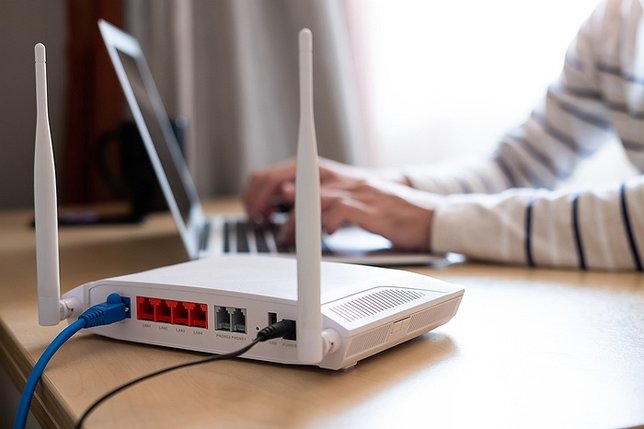Funding for the ACP, a pandemic-era government assistance program that provides internet plans to eligible households, is projected to run out of funding by the end of April 2024 potentially affecting many New York residents. In fact, an average of 28% of households in the US have participated in internet assistance programs (such as the ACP) according to survey results.
A new report from the team at Reviews.org found that 40% of Americans have had to make sacrifices in their budgets in order to afford their internet plans.
Here are some of the most interesting findings:
-
The average household spends $81 dollars per month on internet (per Reviews.org’s State of Consumer Media Spending Report published in December 2023)
- Renters spend an average of $71.47 per month on internet
- Homeowners spend an average of $98.79 per month on internet
- 60% think affordable internet is ‘extremely important’ to their daily life
-
Cost is the most important factor to consumers when it comes to choosing an internet provider (34.20%), slightly more important to consumers than reliability (33.20%), or speed (29.50%)
- For homeowners in particular, reliability is the most important factor in choosing an internet provider, followed by speed (29.90%), then cost (28.89%)
- For renters, cost is the most important factor (39.69%), followed by reliability (30.28%), then speed (28.24%)
- 21% of consumers have relied on a mobile hotspot on their phone to connect to the internet
- 40% of households have made sacrifices in their budget to afford their internet plan, compared to 38% for mobile plans
- 53% of consumers believe they are ineligible for financial assistance with their internet or wireless bills
Methodology: Reviews.org surveyed 1,000 Americans 16 years and older in October 2023 with a +/- 4% margin of error and a confidence level of 95%.










